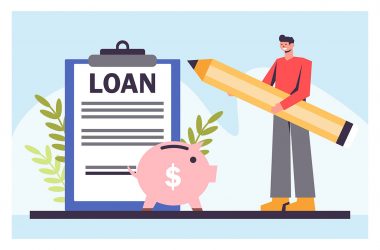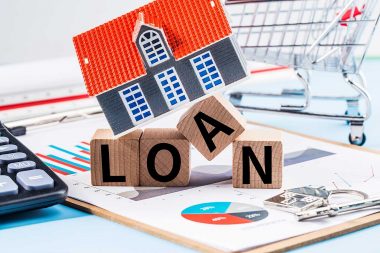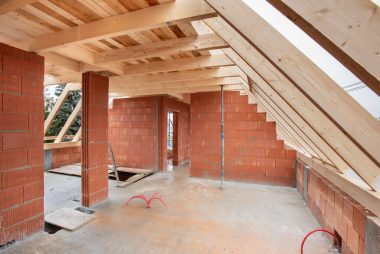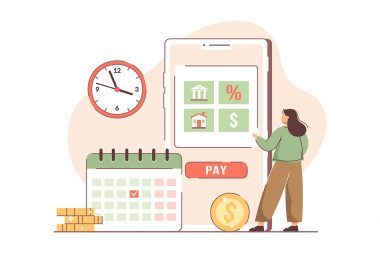Home Improvement Loans: Your 2026 Guide to Financing the Dream
We have partnered with the leading lenders to get you the best rates possible
We've all been there, staring at a 1970s kitchen or a cracked foundation and thinking, "I know exactly how to fix this, I just don't know how to pay for it." In 2026, the way we fund our homes has changed. Interest rates have stabilized, but the "smart money" isn't just looking for the lowest APR; it's looking for the loan that protects their long-term equity. Whether you are planning a full bathroom renovation or a climate-resilient roof upgrade, your choice of financing is the most important "material" you'll select.
At Kukun, we believe financing is a tool, not a burden. This guide breaks down the best home renovation loans of 2026, helping you match your project's scope to the right financial product.

Not all loans are created equal. The "best" loan depends on three things: your home equity, your credit score, and your project's Potential Value.
1. Personal Loans (The "Speedy" Option)
Best for: Small to mid-sized projects ($5,000 - $50,000) like HVAC replacement or cosmetic refreshes.
- Pros: Fast funding (often within 24 hours), no collateral required, fixed rates.
- Cons: Higher interest rates than equity-based loans.
- 2026 Insight: Many homeowners are using personal loans for smart maintenance tasks to avoid equity-draining emergencies.
2. Home Equity Line of Credit (HELOC) (The "Flexible" Option)
Best for: Ongoing or multi-phase projects where costs might shift.
- Pros: Only pay interest on what you use; lower rates than personal loans.
- Cons: Variable rates can be risky; your home is the collateral.
- ROI Angle: In 2026, HELOCs are the preferred tool for adding ADUs because they allow you to pay contractors in stages.
3. Home Equity Loans (The "Stable" Option)
Best for: Large, one-time projects with a fixed price tag (e.g., a pool or a sunroom addition).
- Pros: Lump-sum payment with a fixed interest rate.
- Cons: Less flexibility than a HELOC; closing costs can be high.
4. FHA 203(k) & HomeStyle Renovation Loans (The "Visionary" Option)
Best for: Buyers purchasing a fixer-upper or homeowners doing massive structural overhauls.
- Pros: Based on the future value of the home, not the current value.
- Kukun Advantage: Use our PrepToSell tool to show lenders exactly how your renovation will increase the home's value, making approval easier.
Before signing a loan agreement, you must ask: Will this project pay for itself? Using Kukun's PICO™ Property Condition Score, we track how specific loans correlate to equity gain. In 2026, projects that focus on energy efficiency and additional square footage (like finished basements) have the highest "Loan-to-Value Recovery."
- Get a Precise Estimate: Don't guess. Use the Kukun Remodel Cost Estimator to get a zip-code-specific budget.
- Check Your Equity: Most lenders require you to keep at least 15-20% equity in your home after the loan is taken out.
- Audit Your Credit Score: In 2026, a score above 740 unlocks the "Elite" tier of interest rates.
- Compare "All-In" Costs: Look past the APR. Check for origination fees, appraisal fees, and prepayment penalties.
- Match the Term to the Project: Don't take a 15-year loan for a project that will only add value for 5 years.
Q: Can I get a home improvement loan with bad credit?
A: Yes, but your options will be limited. You may need to look at FHA Title I loans, which are designed for homeowners with limited equity or lower credit scores. Alternatively, a co-signer can help secure a traditional personal loan.
Q: Are home renovation loans tax-deductible in 2026?
A: Generally, interest on a HELOC or Home Equity Loan is only tax-deductible if the funds are used specifically to "buy, build, or substantially improve" the home that secures the loan. Always consult a tax professional.
Q: How does the "furred out" wall concept impact my loan appraisal?
A: While highly technical, upgrades that improve the "guts" of the home (like insulation, soundproofing, and updated electrical) positively impact your home's condition score, which can help in securing a higher loan amount.
Q: Is it better to use a credit card for small repairs?
A: Only if you have a 0% APR introductory offer and a plan to pay it off within 12 months. Otherwise, the 20%+ interest rates will quickly wipe out any ROI your project generates.
At Kukun, we don't just find you a loan; we find you a path to a better home. By combining our Home Improvement Loan Calculator with our real-time cost data, you can walk into any bank with the confidence of a professional developer.



















